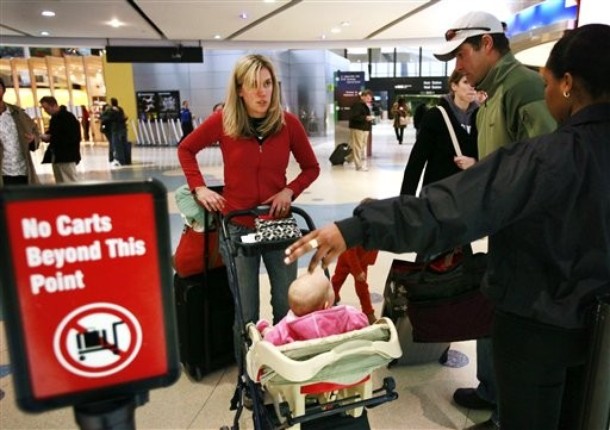Terrorism is asymmetric warfare.

Mark LeVine reminds us that terrorism is asymmetric warfare:
Think about it. One angry young man with about three ounces (around 80 grams) of explosive material, $2,000, and a pair of specially tailored underwear has completely disrupted the US aviation system.It does not even matter that he failed to blow up the plane.
The costs associated with preventing the next attack from succeeding will measure in the tens of billions of dollars - new technologies, added law enforcement and security personnel on and off planes, lost revenues for airline companies and more expensive plane tickets, and of course, the expansion of the 'war on terror' full on to yet another country, Yemen.
And what happens when the next attacker turns out to have received ideological or logistical training in yet another country? Perhaps in Nigeria, which is home to a strong and violent Salafi movement, or anyone of a dozen other African, Gulf, Middle Eastern or South East Asian countries where al-Qaeda has set up shop?
Will the US ramp up its efforts in a new country each time there is an attempted attack, putting US "boots on the ground" against an enemy that is impossible to defeat?
Such a policy would fulfill al-Qaeda's wildest dreams, as the US suffers death by a thousand cuts, bleeding out in an ever wider web of interconnected and unsustainable global conflicts.
If the Obama administration wants to win the war on terrorism, it seems a good first step is to not play into our enemy's hands.
(AP Photos)



